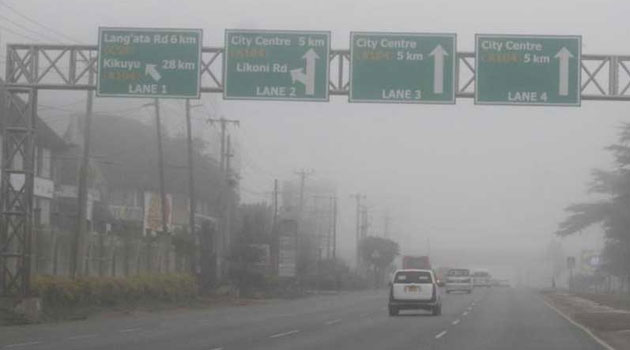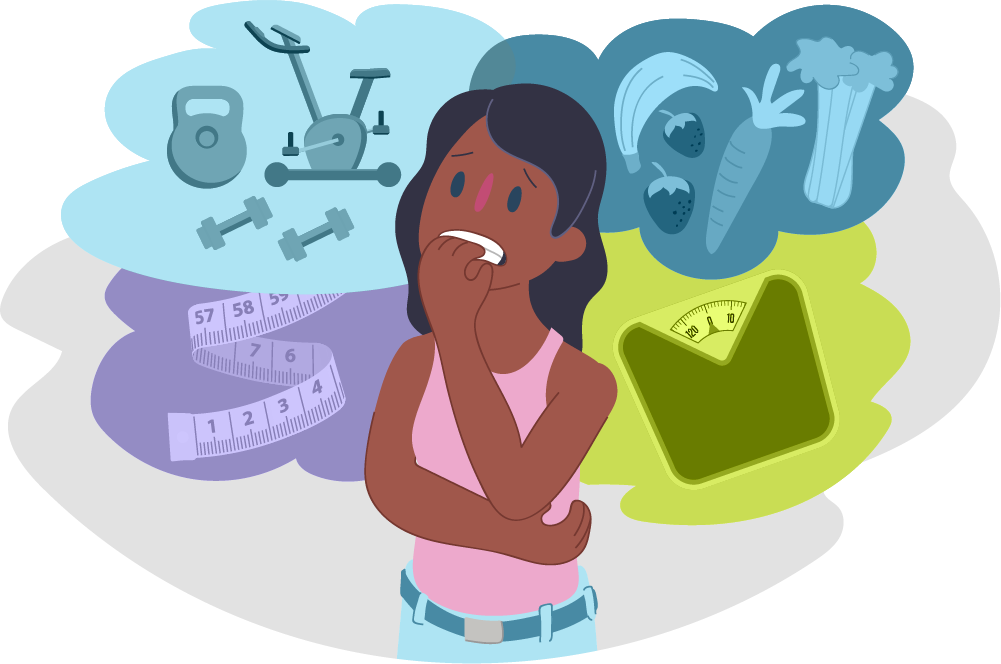THE RIGHTS OF DISPLACED PERSONS: REFUGEES.
I know you have come across campsites and people living in not-so-good conditions in these camps. Ever asked yourself where they have come from or who they are? In this article, we will discuss refugees and where they come from as the world celebrated world refugee day. This year’s World Refugee Day affirms a fundamental tenet of our common humanity where it affirms that everyone has the right to seek safety – whoever they are, wherever they come from, and whenever they are forced to flee.

Where do Refugees come from?
In most cases, refugees come from areas experiencing war, hunger, and floods but whoever they are, people forced to flee should be treated with dignity. Anyone can seek protection, regardless of who they are or what they believe as it is a human right. Wherever they come from, people forced to flee from their original countries should be welcomed. Refugees come from all over the globe. To get out of harm’s way, they might take a plane, a boat, or travel on foot. What remains universal is the right to seek safety. Moreover, whenever anyone is forced to flee from their country, they have the right to be protected from the threat making them run, which could be violence, war, or persecution, everyone has a right to be safe.
Categories of Refugees
Every minute 20 people leave everything behind to escape terror, war, or persecution. There are several categories of forcibly displaced persons:
Refugees
A refugee is someone who has fled his or her home and country owing to a well-founded fear of persecution because of his/her race, religion, nationality, membership in a particular social group, or political opinion”, according to the United Nations 1951 Refugee Convention. Many refugees are in exile to escape the effects of natural or human-made disasters.
Asylum Seekers
Asylum seekers say they are refugees and have fled their homes as refugees do, but their claim to refugee status is not yet definitively evaluated in the country to which they fled.
Internally Displaced Persons
Internally Displaced Persons (IDPs) are people who have not crossed an international border but have moved to a different region than the one they call home within their own country.
Stateless Persons
Stateless persons do not have a recognized nationality and do not belong to any country.
Stateless situations are usually caused by discrimination against certain groups. Their lack of identification — a citizenship certificate — can exclude them from access to important government services, including health care, education or employment.
Returnees
Returnees are former refugees who return to their own countries or regions of origin after time in exile. Returnees need continuous support and reintegration assistance to ensure that they can rebuild their lives at home.
The Rights of Refugees according to the UN Action
Since Refugees are among the most vulnerable people in the world, The 1951 Refugee Convention and its 1967 Protocol help protect them. For this reason, these rights listed here are contained in the 1951 Convention and include
- The right not to be expelled, except under certain, strictly defined conditions;
- The right not to be punished for illegal entry into the territory of a contracting State;
- The right to work;
- The right to housing;
- The right to education;
- The right to public relief and assistance;
- The right to freedom of religion;
- The right to access the courts;
- The right to freedom of movement within the territory;
- The right to be issued identity and travel documents.
Some basic rights, including the right to be protected from refoulement, apply to all refugees. A refugee becomes entitled to other rights the longer they remain in the host country, which is based on the recognition that the longer they remain as refugees, the more rights they need.
Tags: Refugees Dispalced Persons



